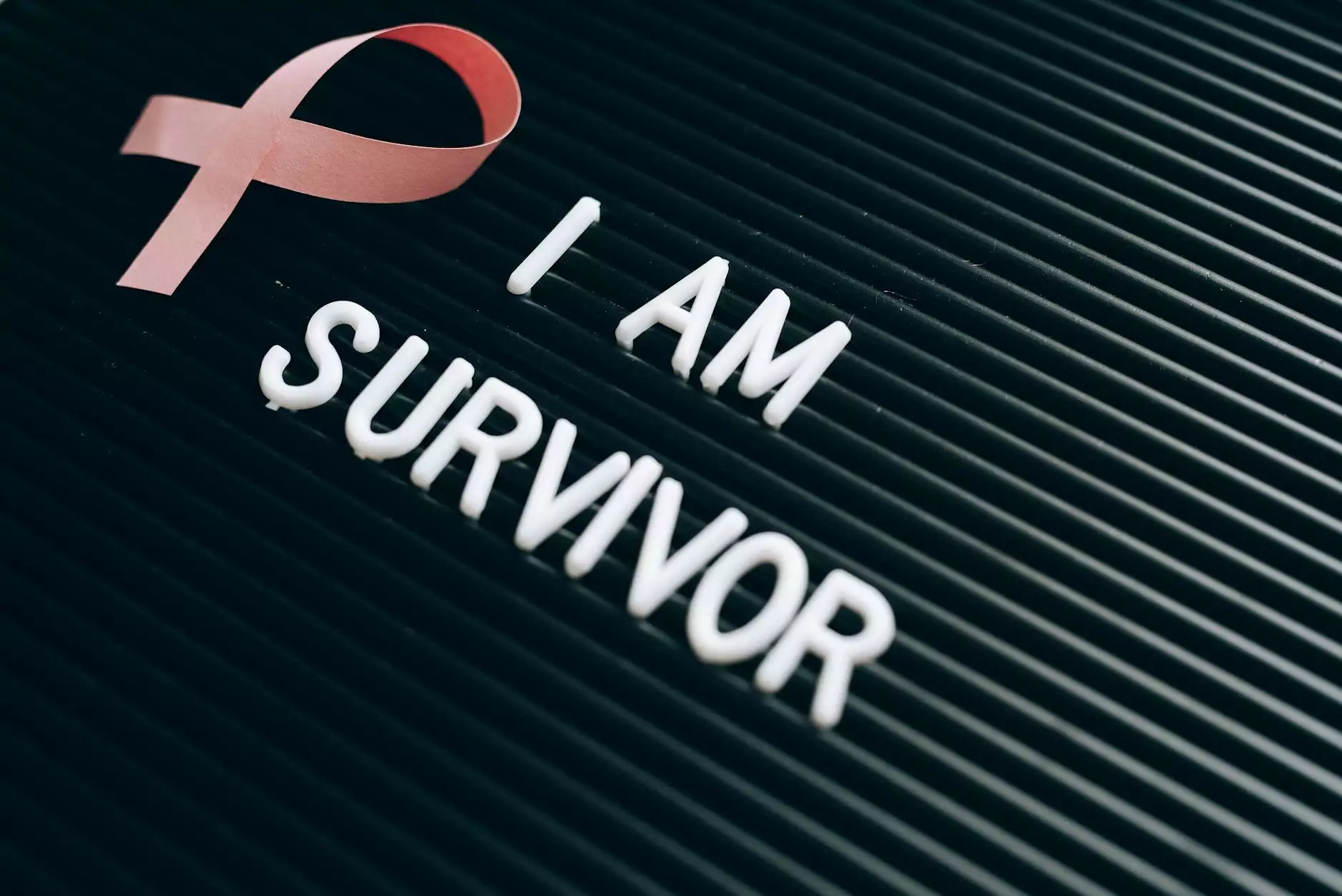Understanding the Role of Colon Cancer Specialists in Your Journey

Colon cancer is one of the leading causes of cancer-related deaths worldwide. However, it is also one of the most preventable types of cancer. This paradox emphasizes the importance of early detection and treatment, which is where colon cancer specialists come into play. In this article, we will explore the role these specialists have in managing, treating, and ultimately overcoming colon cancer.
What is Colon Cancer?
Colon cancer occurs when malignant (cancerous) cells form in the tissues of the colon. The colon is a part of the large intestine and plays a crucial role in digesting food and absorbing nutrients. As these cancer cells grow, they can disrupt normal body functions and may lead to serious health complications.
The Importance of Colon Cancer Specialists
Colon cancer specialists, also known as oncologists or gastroenterologists with a focus on colorectal health, specialize in diagnosing and treating colon cancer. Their expertise is invaluable in several ways:
- Early Detection: Regular screenings and surveillance can detect polyps or early-stage cancer, often before symptoms appear.
- Comprehensive Treatment: They offer a suite of treatment options, from surgery to radiation and chemotherapy, based on the individual’s specific case.
- Continuous Monitoring: After treatment, these specialists provide ongoing care, ensuring that patients are cancer-free and that any signs of recurrence are swiftly addressed.
Screening and Diagnosis
When it comes to colon cancer, early detection is crucial. Colon cancer specialists recommend routine screenings starting at age 45 or earlier for those with increased risk factors, such as family history or pre-existing conditions. Screening tests can include:
- Colonoscopy: A procedure that allows physicians to examine the inner lining of the colon and rectum using a flexible tube with a camera.
- Flexible Sigmoidoscopy: Similar to a colonoscopy but examines only the lower part of the colon.
- Stool Tests: Laboratory tests that check for signs of cancer or precancerous growths in stool samples.
Understanding Treatment Options
Upon diagnosis, colon cancer specialists will outline a treatment plan tailored to the patient's specific situation. Treatments can include:
Surgery
Surgery is often the primary treatment for colon cancer, aiming to remove the tumor along with some surrounding healthy tissue. Depending on the extent of the cancer, types of surgery can include:
- Partial Colectomy: Removal of a portion of the colon.
- Total Colectomy: Complete removal of the colon.
- Colostomy: Creating an opening in the abdomen for waste removal when a part of the colon has been removed.
Chemotherapy
Chemotherapy involves the use of drugs to kill cancer cells or stop their growth. It can be recommended after surgery to eliminate any remaining cancer cells or as a primary treatment for more advanced stages of cancer.
Radiation Therapy
This treatment uses high-energy rays to target and kill cancer cells. It may be used in conjunction with other treatments or as a primary treatment in specific cases.
Support and Resources
Your journey with colon cancer can be challenging, but you are not alone. Colon cancer specialists often work in conjunction with healthcare professionals, nutritionists, and support groups to provide holistic care. Various resources can support patients and their families:
- Support Groups: Connecting with others who are facing similar challenges can provide emotional support.
- Nutritionists: A dietitian can help craft a nutrition plan that supports recovery.
- Palliative Care: Focusing on improving quality of life and managing symptoms effectively.
Research and New Treatments
The field of oncology is constantly evolving, with colon cancer specialists actively participating in clinical trials and research studies. This research can lead to groundbreaking treatments and improved patient outcomes. Some promising areas in colon cancer research include:
- Immunotherapy: Harnesses the body’s immune system to fight cancer.
- Targeted Therapy: Focuses on specific genetic mutations or markers in cancer cells.
- Precision Medicine: Tailors treatment based on the individual characteristics of each patient’s cancer.
Living with Colon Cancer
Receiving a colon cancer diagnosis can be overwhelming. It’s essential to stay positive and informed throughout the treatment process. Engaging with colon cancer specialists helps ensure that patients receive the best possible care and manage their health effectively.
Embracing a Healthier Lifestyle
In addition to medical treatment, a lifestyle change can significantly enhance outcomes. This includes:
- Regular Exercise: Staying physically active can improve overall health and aid recovery.
- Healthy Eating: A balanced diet rich in fruits, vegetables, whole grains, and lean proteins can support the immune system.
- Avoiding Tobacco: Smoking is a known risk factor for many cancers, including colon cancer.
Conclusion
In conclusion, the role of colon cancer specialists is vital in the fight against colon cancer. Through their expertise, patients receive comprehensive care, from early detection to treatment and ongoing support. It is crucial for individuals to stay informed about their health, participate in regular screenings, and maintain open communication with healthcare providers. Together, we can combat colon cancer and improve outcomes for all patients.
If you or a loved one is facing concerns regarding colon cancer, reach out to a specialist today for guidance and care tailored to your unique situation.









